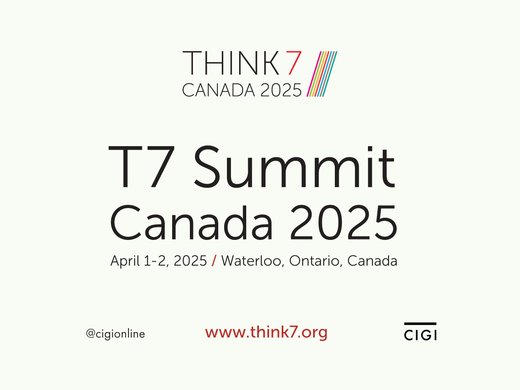This paper assesses the current context following the G20 summits in Washington, London and Pittsburgh and the prospects for the forthcoming meetings in Canada and Korea in 2010 and beyond. It asks which global problems could be on future agendas and how to achieve both effectiveness and legitimacy. It discusses the composition of the G20, working and coordination methods in the preparatory process, and effective outreach processes. The main conclusions are: • The G20 should limit the agenda to the financial crisis issues and contain the inevitable pressures to broaden the agenda by inviting other groups and organizations to provide recommendations for consideration at future G20 meetings. • Composition is an intractable problem, with no correct answer. Legitimacy and efficiency could be attained by the Europeans speaking with one voice rather than six or eight, while the host country invites two or three “guests.” • To reconcile the need for extensive preparation with the antipathy to formal bureaucracy, the G20 should set up a summit “non-secretariat.” This nimble, nonbureaucratic structure could be located for one year in the host country, headed by the G20 troika sherpas, with two being non-resident. • More systematic and structured consultations with non-G20 countries, civil society, parliamentarians, the policy research community and the private sector could add to legitimacy and effectiveness.
